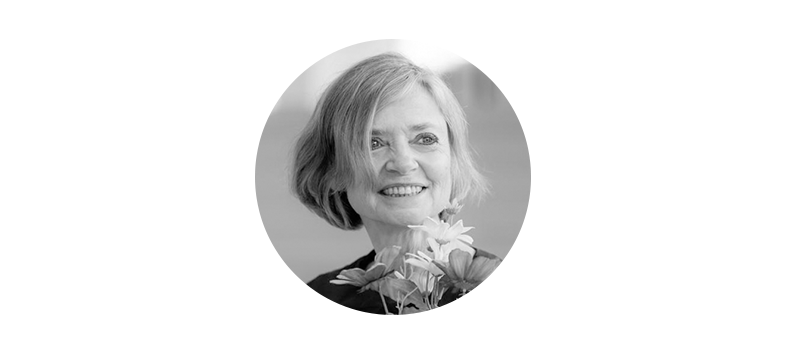PhD students explain their most provocative statement. This time, it’s Wout van Orten-Luiten, who received a PhD on 11 June for research into the use of medication and concentrations of vitamins and minerals in the blood, with the aim of reducing harm to patients from unnecessary prescribing of medication.
‘Society is experiencing increasing polarization. It is difficult even for scientists to go against the consensus. You are soon labelled a crackpot, anti-vaxxer or climate denialist. This kind of framing is an indicator of polarization. Authentic speaking gives you a tool that can help bridge the divide.
Authentic speaking is about expressing thoughts and feelings in a way that stays true to your own values. You speak and you listen with respect for the other person. You keep it empathic, which is a prerequisite for connecting with the other person. I learned this during a course on “authentic and genuine speaking” by Mattias Desmet, professor of Clinical Psychology at Ghent University.
The aim of authentic speaking is to exchange ideas and have a dialogue without trying to convert the other person. It can be a way of bridging the gap without having to agree with one another. That increases the likelihood of you breaking through the polarization.’




